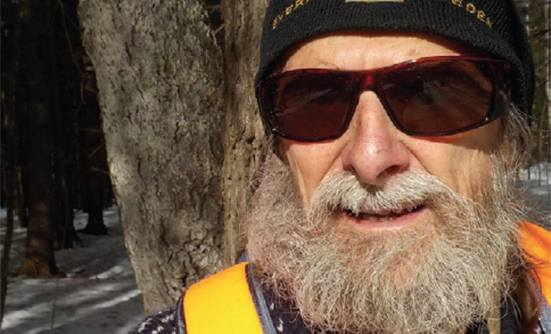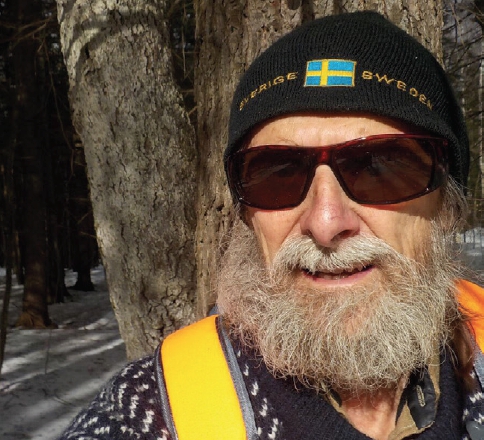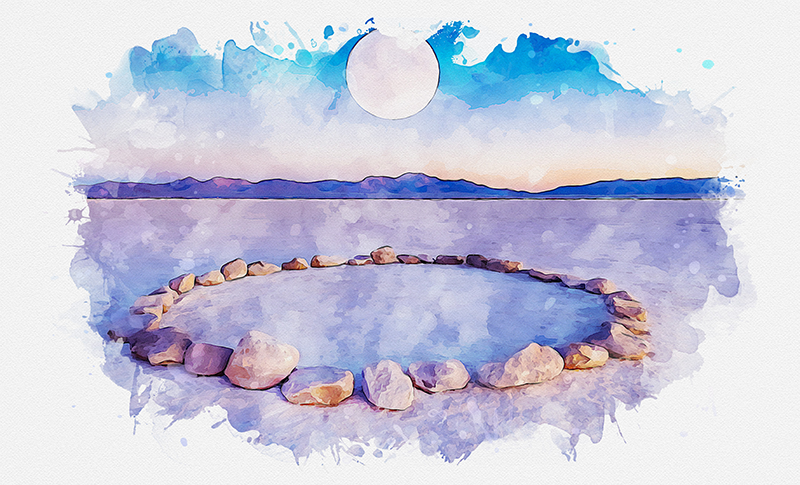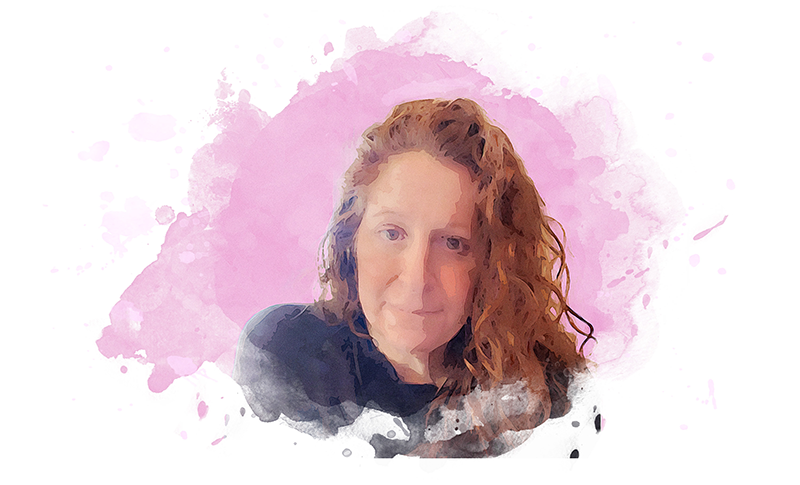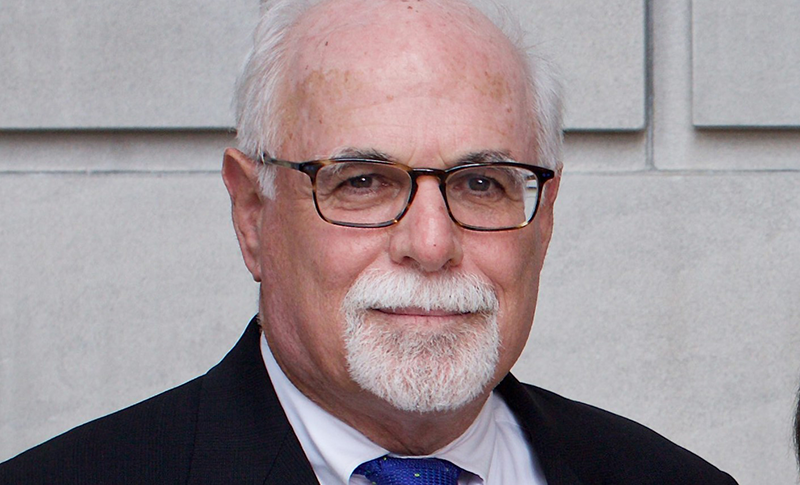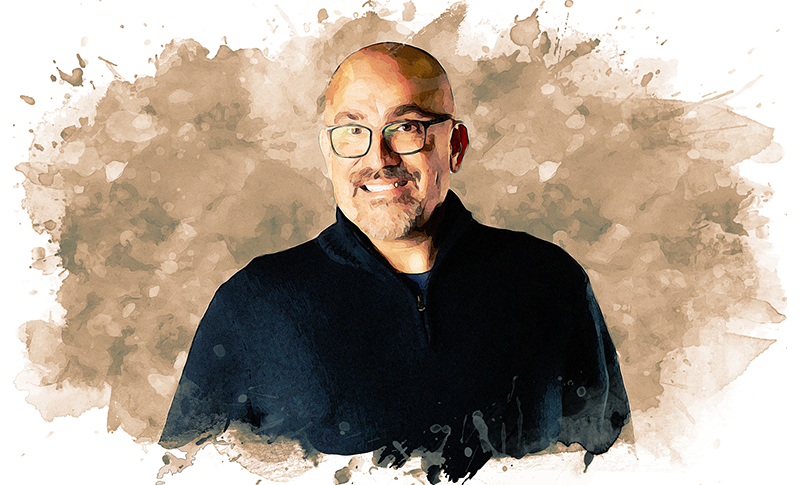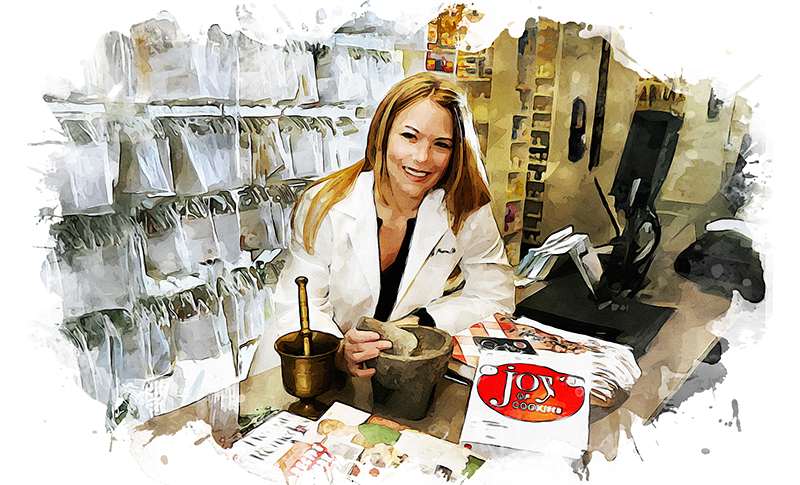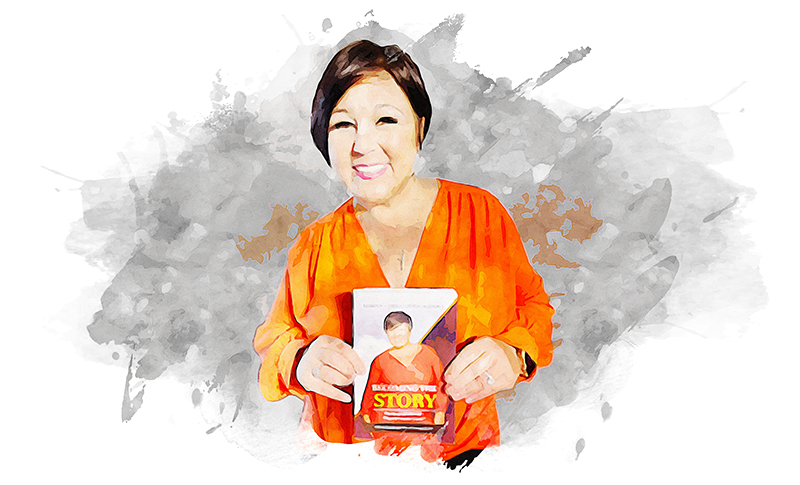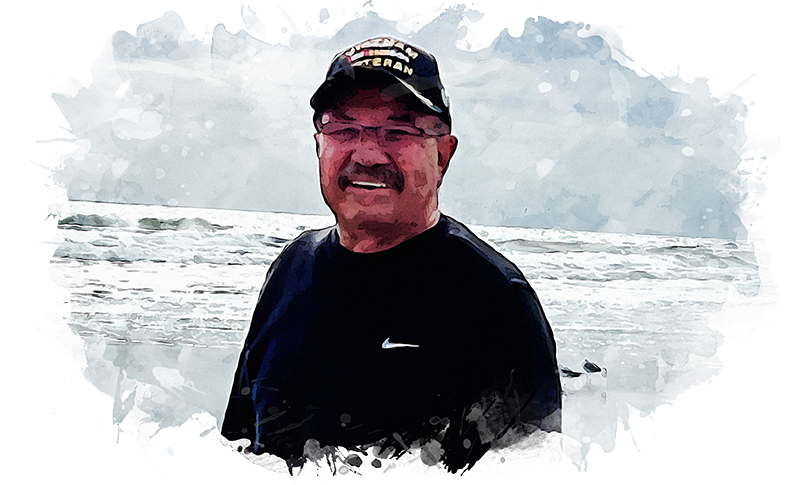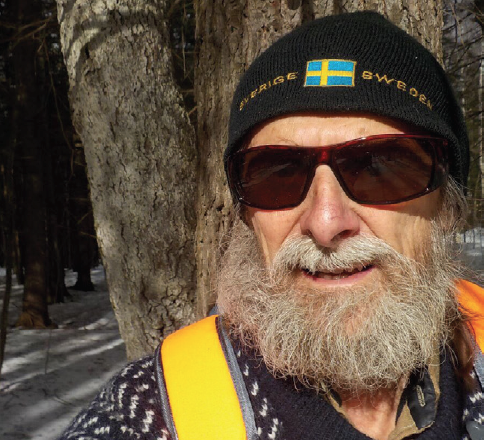
I’m 72, an age when 1 in 7 men will have prostate cancer. A PSA (prostate-specific antigen) test showed an increase in 2 years from 3.1 to 5.3, and a digital rectal exam was suspicious. During my annual physical exam, my doctor felt nodules on my prostate gland, suggesting that I see a urologist. I met with a young male doctor—all of you near my age know the feeling of looking at a “kid” fresh out of his residency, as he gives you advice. He said a biopsy was necessary.
Wanting another opinion from a seasoned physician, I asked to see a urologist I had visited almost 20 years ago.
The second (female) urologist agreed I needed a biopsy, so 2 weeks later, 12 plugs of tissue were removed from my prostate and sent to a pathologist.
It took a week to get the biopsy results, and after what seemed like a very long week, I saw the urologist. Waiting provides plenty of time to imagine the worst.
My appointment was on a snowy December day, so I left early, and here’s where my story takes a bad turn. Many appointments had been canceled that day, so I got in early. I sat in the exam room, nervously waiting for the doctor. I believed I was going to hear that I had cancer.
Was I Dreaming?
The doctor entered with a big smile and proclaimed, “You are clear, I can’t believe this, because with your test results, it’s a miracle that you are totally clear of cancer.” With a sigh and a feeling of relief, I took in all he said about the odds of this happening. This went on for about 5 minutes, and I could see the happy look of the resident sitting across from me. He was “shadowing” the physician for the day, and just beamed as my physician continued to share the good news.
Then the medical bomb dropped. My urologist, whom I knew from previous visits, said, “Mr. Smith (name changed), this is my Christmas present to you!” My heart dropped, as I heard a name that certainly wasn’t mine. Was I dreaming? This couldn’t be happening to me!
I said, “You know I’m not Mr. Smith.” At this point, the doctor realized the mistake and was very apologetic; I could tell that he was very upset. My doctor retrieved the correct pathology report from the computer. The biopsy showed the presence of cancer cells in my prostate gland. My joy went away in a flash, and the serious doctor mode emerged, as he was explaining I had several treatment options, and tomorrow a nurse would help me decide which treatment was best.
I got up to leave, and said to the dumbstruck resident, “I hope you learned something by observing this appointment, so this will never happen to you.” Looking forlorn, he indicated that he would always greet patients by the name on the chart upon entering the exam room. I asked my urologist if this was his worst experience in more than a 20-year career. His answer was “No.”
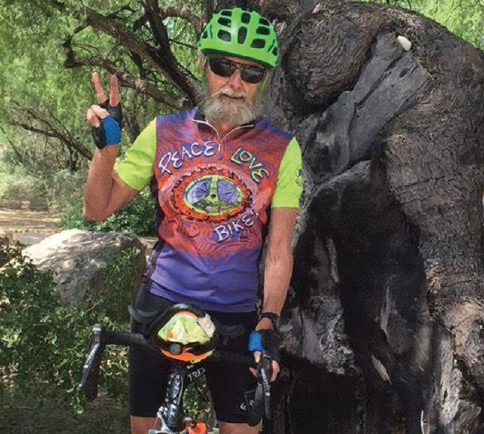
Changing Doctors
I went home feeling down and spent the night thinking about what had happened. I no longer felt confident in these medical professionals, so after consulting with friends who have had prostate cancer, I decided to find another medical facility.
Many advised Boston, so I had my biopsy results and other records sent to Dana-Farber Cancer Institute in Boston, where my life changed for the better. I quickly learned that having cancer can have positive aspects.
After meeting with a surgeon and a radiologist, I decided that radiation was the best treatment for me. Both doctors at Dana-Farber were very personable and when I asked they indicated it wouldn’t hurt me to drink 1 or 2 beers regularly, exercise vigorously, and eat tofu daily. My kind of doctors.
An MRI showed the cancer was localized within the prostate gland, so radiation was an appropriate treatment. I had fiducial markers (or gold seeds) placed in my prostate and a hydrogel spacer implanted to protect my rectum during radiation treatment. I opted not to have anesthesia, and a wonderful nurse held my arm during the quite painful procedure.
Radiation started on February 21, 2018, and the advantages that come with cancer treatments started on the same day. My first treatment introduced me to the radiation therapists, who were never without a smile. I requested they play my favorite music, so I introduced these young professionals to Mark Knopfler and Dire Straits!
So how did I feel? When you read about radiation treatments, you begin to realize the daunting issues that may arise with it. However, my daily reading of research reports online also revealed that you can minimize problems by staying fit and positive.
Staying Fit & Positive
My doctor allowed pool swimming, so I swam laps 3 days a week at the YMCA. The first day in the pool, I timed my 500-yard swim as a benchmark. To my surprise, I dropped my times while I was in treatment. I’m also a biker, but I opted not to get on my stationary bike, to avoid any potential damage to my hydrogel spacer, although my doctors said I could bike until it hurt.
No thanks. My advice is to do what exercise you enjoy, and do it as vigorously as you are capable. Don’t skip a day, unless your body tells you to. Listen to your body.
I also stayed in top winter shape, by snowshoeing in the woods while being at home in Maine every weekend. While snowshoeing, I spent much time communicating with my tree friends, and found great solace in being in the forest.
I’m a firm believer in the benefits of spending as much time as possible in a peaceful and spiritual environment, and for me that meant being in a forested setting. It is in the forest where I was most comfortable—the place where I could think about the next part of my prostate cancer journey.
Lessons in Empathy
Most important, I have devoted time to a side of the experience that couldn’t have happened without a cancer diagnosis. I have developed a new group of friends who are all being treated at Dana-Farber Brigham & Women’s Hospital, which allowed me to realize how fortunate I have been in my long life, and how difficult it is for many people who receive cancer treatment. Some were much younger than I am, and some were parents whose children were undergoing cancer treatments. Thinking of the brave young patients I met can immediately bring a tear to my eye.
I gave all my new friends at the hospital, and the healthcare professionals, a tree cookie—a cross-sectional piece of wood cut from a branch—to carry with them to treatment, and I talked to them about the importance of connecting with nature, and how much a tree can provide when one needs to be soothed through a painful or sorrowful time. Most of the patients I met found their tree cookie helpful.
Another wonderful part of my more than 2 months of treatment was being able to live with my daughter and family right outside of Boston. How many grandfathers get to live with their grandchildren for a couple of months? The 3 boys—Jason, Carson, and Nate—certainly kept this grandfather busy every moment, and my daughter Laurie and son-in-law Bob tolerated me in a loving way.
My last day of treatment was a day I wasn’t looking forward to—I drove into Boston and had plenty of time to think about my experiences, but most of all I thought about how sad I was. How could that be? Well, I had to say goodbye to all my new friends—patients and healthcare professionals I was with every day. The radiation therapists asked if I wanted to ring the traditional gong, signifying radiation treatment is done, and I thought I really didn’t need to ring a gong. Some people beam when it gets rung, and others just look sad, so I opted for no gong.
I wanted to thank my caregivers, so I gave Rick’s Sticks to Paul Nguyen, MD, my doctor, who was the perfect doctor for me, and his nurse Maureen, who was that wonderful nurse who stood by me when I had the hydrogel implant surgery. And the coolest and most caring radiation therapists, who were always there for me, needed something to remember me by, so I made them what every good woodsman makes for his women friends—moose scat necklaces.
So, what started as an experience with a false diagnosis ended up teaching me many lessons. I can honestly say that my cancer made me a better person. Stay positive and keep your body in the best shape possible, and this may be your result too.




